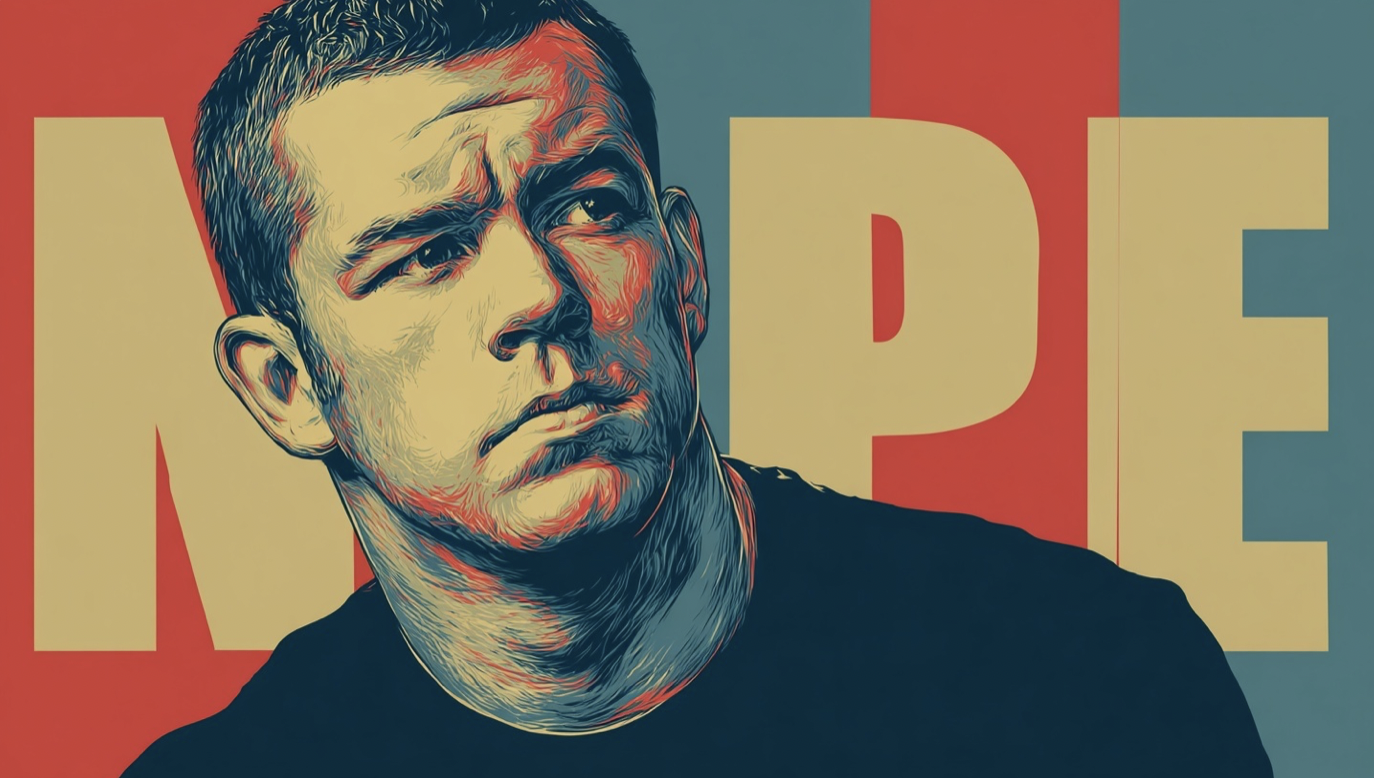Actor Russell Tovey has issued a stark warning to the LGBTQ+ community about the potential political challenges ahead, urging preparedness against a possible Reform UK government that could reverse hard-won liberties. In a recent interview with Attitude magazine, he reflected on the cyclical nature of homophobic politics, drawing a direct line from the oppressive climate of the late 1980s and 1990s to the present moment. Speaking candidly about his latest film, Plainclothes, which is set in 1997 and follows an undercover police officer tasked with entrapping gay men, Tovey highlighted how the themes of the film resonated with his own experiences growing up gay during a time of societal hostility.
Tovey underscored the importance of visibility and solidarity within the queer community, stressing that being an ally to one another is vital but often overlooked. He pointed to the resurgence of political hostility reminiscent of Section 28—the notorious law that prohibited the 'promotion' of homosexuality in schools—and the continued presence of homophobia in media and politics. 'We have to get into a position where we’re ready to go from day one when that happens, so that as soon as they’re in, we’re ready to fight back,' he told Attitude, underscoring an urgent call to action.
The actor also reflected deeply on his personal journey, recounting the shame he felt during his teenage years due to the lack of safe spaces for queer people at the time. He described this internal conflict as a 'space of purgatory' between the torment of hiding his identity and the liberation that came with acceptance. This personal struggle informed his portrayal of Andrew, a closeted gay man in Plainclothes, where themes of shame, self-policing, and survival under surveillance are central. Critics and interviews reveal that Tovey’s performance brings an authentic gravitas to the role, highlighting how much of his own history informs his artistic choices.
Beyond the political and personal, Tovey has also spoken about the challenging intimacy scenes in Plainclothes, which he described as 'poetic' and carefully choreographed to balance authenticity with respect and safety, reflecting evolving standards in the film industry around depicting queer sexuality responsibly. He noted that these scenes were also a form of storytelling that conveys the complexity of queer experiences, portraying them with nuance rather than fetishisation or sensationalism. The film, set against the backdrop of 1997’s social attitudes, poignantly captures the difficult realities of gay life in an era rife with fear and repression. Source: Noah Wire Services
